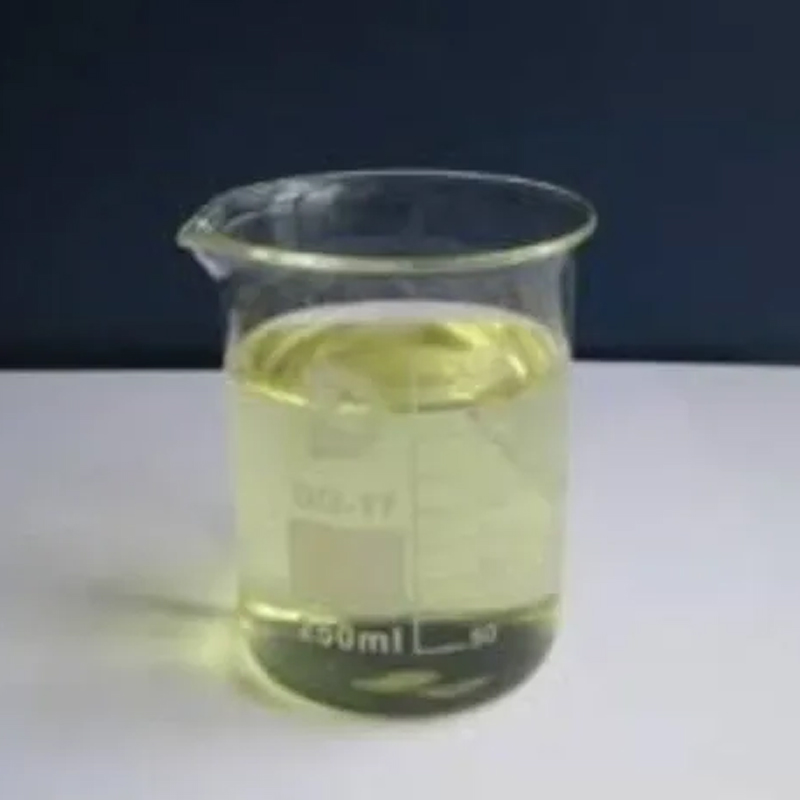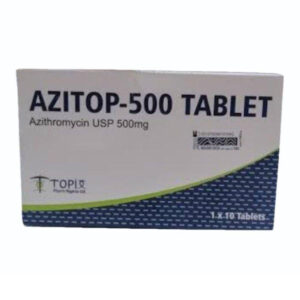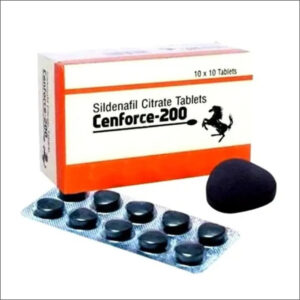Water Treatment Chemicals: Flocculants and Coagulants
Water treatment is essential for ensuring clean, safe, and usable water for various purposes, including drinking, industrial processes, and environmental protection. Among the critical components of water treatment are chemicals known as coagulants and flocculants. These chemicals play vital roles in removing suspended solids, organic matter, pathogens, and other contaminants from water by aiding in the clarification process.
Coagulants
Coagulants are chemicals added to water to destabilize suspended particles, colloids, and dissolved organic substances. These substances typically carry a negative surface charge, which causes them to repel each other and remain in suspension. Coagulants neutralize these charges, allowing the particles to come together and form larger aggregates.
There are two main types of coagulants:
Inorganic Coagulants: These include aluminum sulfate (alum), ferric chloride, and ferric sulfate. Inorganic coagulants are widely used due to their effectiveness and cost-efficiency. When added to water, they form insoluble precipitates that help bind and settle particles.
Organic Coagulants: These are synthetic polymers, often cationic, that also help neutralize particle charges. They are generally more effective at lower dosages and produce less sludge compared to inorganic coagulants.
Coagulation is typically the first step in the water treatment process. It is followed by rapid mixing, which ensures even distribution of the coagulant throughout the water and promotes interaction with contaminants.
Flocculants
After coagulation, flocculation is the next stage in the treatment process. Flocculants are chemicals that help agglomerate the destabilized particles into larger clusters known as flocs. These flocs are heavy enough to settle out of the water by gravity or be removed through filtration.
Flocculants are typically long-chain polymers that can be classified based on their ionic charge:
Anionic flocculants: Used for suspended solids that are positively charged.
Cationic flocculants: Used for negatively charged particles.
Nonionic flocculants: Used when particles have low or no charge.
Flocculants work by bridging between particles or entangling them into larger masses. The flocculation process usually involves gentle mixing to encourage contact between particles without breaking up the forming flocs.

Combined Use and Optimization
Coagulants and flocculants are often used in combination to achieve optimal results. The correct dosage and sequence are critical, as improper use can lead to incomplete removal of contaminants or excessive chemical use, leading to higher operational costs and sludge production.
Water treatment facilities use jar testing and other lab-scale methods to determine the most effective coagulant and flocculant combinations for their specific water source. Factors such as pH, temperature, turbidity, and the type of contaminants influence the chemical selection and dosage.
Applications
Flocculants and coagulants are used in a wide range of water treatment applications:
Drinking Water Treatment: Removal of turbidity, color, and pathogens.
Wastewater Treatment: Clarification of industrial and municipal wastewater to meet discharge regulations.
Industrial Water Systems: Treatment of cooling water, boiler water, and process water to prevent fouling and scaling.
Mining and Oil Recovery: Solid-liquid separation in tailings and produced water treatment.
Paper and Pulp Industry: Recovery of fibers and clarification of process water.
Environmental and Safety Considerations
While effective, the use of coagulants and flocculants must be managed carefully to avoid environmental harm. Overdosing can lead to high residual levels of metals or polymers in treated water. Many water treatment plants now focus on green chemistry and the use of biodegradable or plant-based flocculants to reduce environmental impact.
In summary, coagulants and flocculants are essential in modern water treatment, playing a key role in removing contaminants and producing clear, clean water. Their correct application ensures efficient treatment, compliance with regulatory standards, and protection of both human health and the environment.
Our Products
-
Amoxicillin Capsules 500MG
$1.25 / Per Pill
-
Azithryomycin 500MG
$2.50 / Per Pill
-
Viagra 200MG
$1.50 / Per Pill






